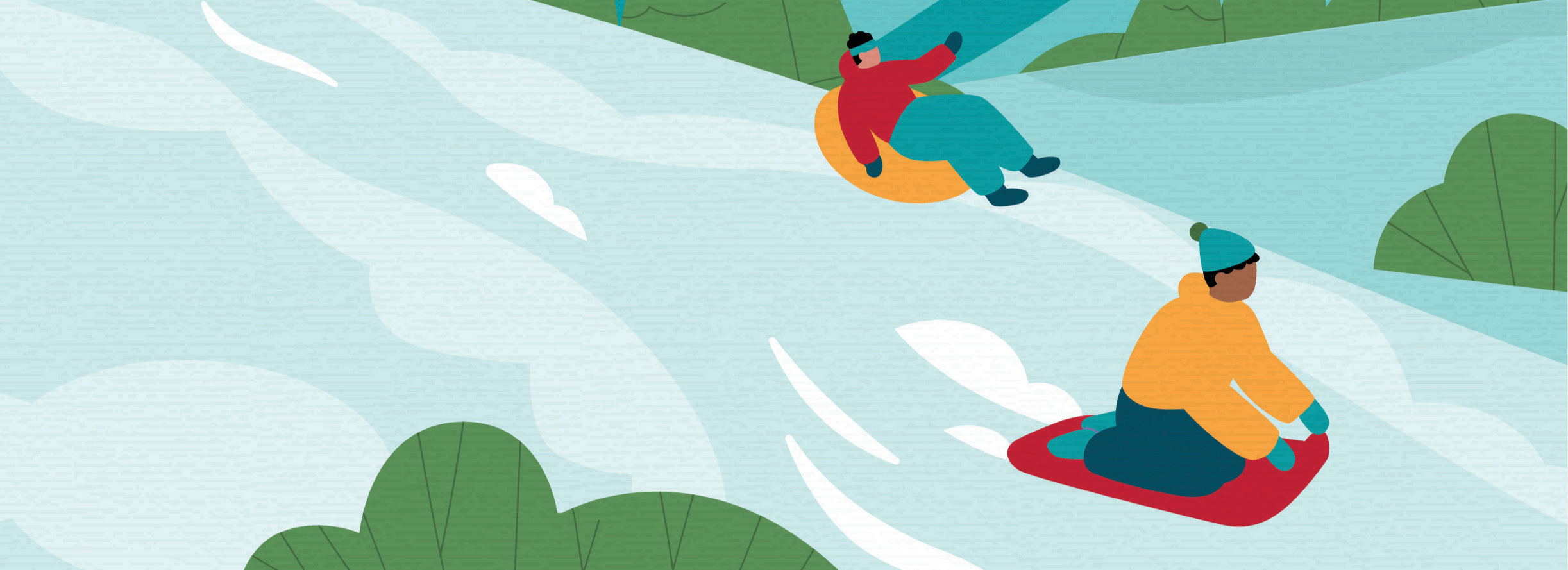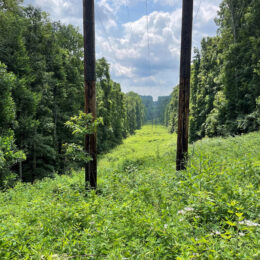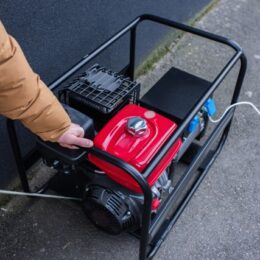
1. DON’T LIGHT UP YOUR WOOD-BURNING FIREPLACE. A crackling fire doesn’t contribute much heat to your room. Plus, the open flue sucks the heated air out of your house through the chimney. Burning a fire in the hearth when the temperature dips into the 20s can actually increase your heating bills.
2. DON’T OVERSTUFF YOUR REFRIGERATOR. Stacking leftovers on top of each other and squeezing extra containers of food onto every refrigerator shelf will prevent the air from circulating between, over top and around them. That forces the appliance’s compressor to work harder and use more electricity.
3. DON’T CRANK THE THERMOSTAT WAY UP TO HEAT A COLD HOUSE IN A HURRY. Turning the heat to 90 degrees Fahrenheit won’t warm up a 70-degree house any quicker than turning it to 73 degrees. And, if you forget to turn the thermostat back down before your house overheats, that’s a waste of energy.
4. DON’T RUN BATHROOM AND KITCHEN EXHAUST FANS ANY LONGER THAN YOU HAVE TO. Flip them on to clear smoke while cooking and steam while showering. Once the air clears, turn them off. They pull heated air from your home which can cause your heater to run longer than necessary.
5. DON’T USE A BARBECUE GRILL OR A PROPANE PATIO HEATER INDOORS, even if your central heating system is on the fritz. This is a fire hazard and can expose your family to carbon monoxide poisoning.
6. DON’T LEAVE A SPACE HEATER ON WHEN YOU LEAVE THE HOUSE. Even if the room will be cold when you return, shut off portable heaters if you’re not going to be there to see them topple over, overheat or catch something on fire.
7. DON’T TURN OFF YOUR CEILING FANS. Ceiling fans save energy during the summer and winter. The trick: Reverse the direction that the blades spin. Heat rises, so in the winter, the blades should blow warm air down into the room.
8. DON’T CLOSE THE BLINDS. No matter how cold it is outside, letting the sun shine into your room will warm it up and give your heating system a break. Close blinds and curtains after dark.
9. DON’T FORGET TO COVER OUTDOOR SPIGOTS. Since spigots are directly exposed to freezing temperatures, they can be the first thing to ice up on a house. Luckily, protecting them from potentially causing a pipe to burst involves a simple, low-cost fix. Your local hardware store should sell insulated outdoor faucet/spigot covers that could save you thousands of dollars in repairs.
10. DON’T TURN YOUR FURNACE COMPLETELY OFF, even if you’re going on an extended winter vacation. Set the thermostat to 55 degrees Fahrenheit so the plumbing pipes in an unheated home won’t freeze and burst.



